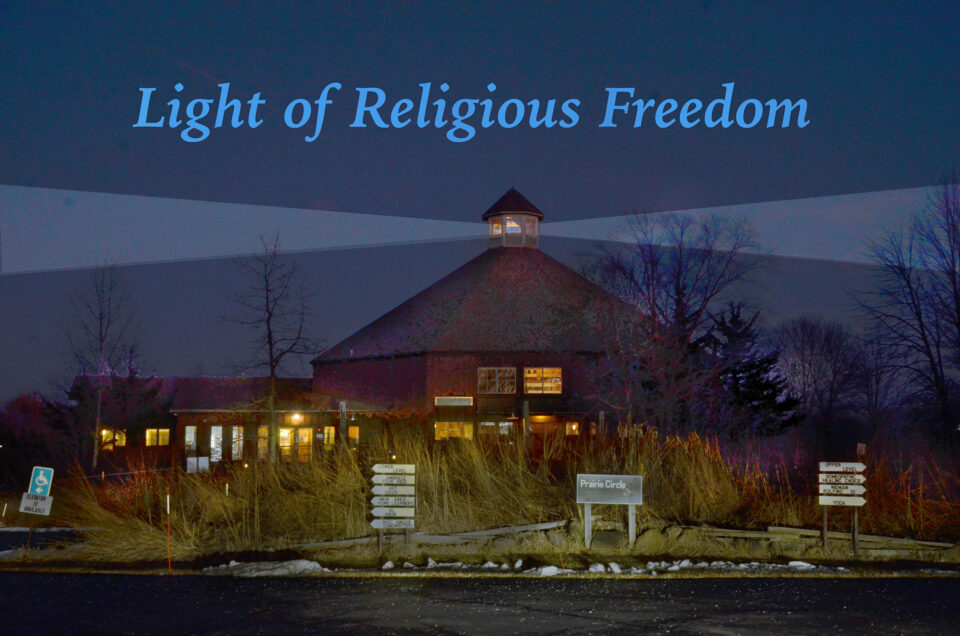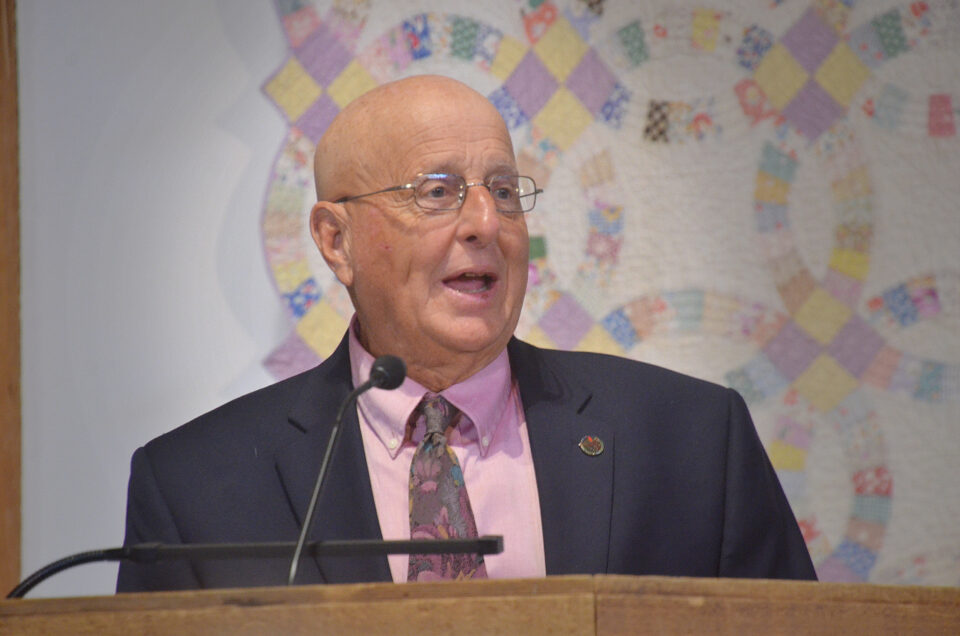Parson to Person: “Peace and Unrest,” Oct. 4, 2019
You may have noticed that I have begun ending the services I lead at UCN with the words “peace and unrest.” If you were at the Sept. 22nd service you already know why I do that. But if you weren’t there (or were but would like a brief review), here’s why I have begun using this particular “benediction.”
Back in the days when I was a student at a Roman Catholic seminary, the church added the “kiss of peace” to the Mass. (That’s the part where the priest says “The peace of Christ be with you,” and people greet one another.) But at one Mass I attended someone turned to me and, instead of saying “The peace of Christ be with you,” said “May the unrest of Christ be with you.”
I was struck at the time that what Jesus talked about when he was alive, was not very comforting–at least to people of means. (“It is harder for a rich person to get into the kingdom of heaven than for a camel to get through the eye of a needle,” etc.)
(I’ve since come to see that it would be just as appropriate to say “May the unrest of Buddha be with you,” or “the unrest of Susan B. Anthony,” or “the unrest of the Hebrew prophets.” I believe it doesn’t matter so much who your particular saviors or models for living are. What does matter is that you have some of their unrest.)
At any rate, when I was a student minister at the UU church in Rockford, Illinois, the senior minister there had a custom of ending every service by saying “peace.” It was pretty nice, really. It was the way people knew that the service was over. But I was a young, idealistic intern with a passion for social justice, and sometimes I thought there was too much peace in that congregation. So I gave a sermon one Sunday about why the church should make us feel uncomfortable at times. I said the job of a minister was not just to comfort the afflicted, but to afflict the comfortable. And at the end of the service, instead of saying “peace” (as the regular minister did), I ended my service by saying “Uncomfort.” The next Sunday I ended the service by saying “peace and uncomfort.” It kind of became my trademark.
And then when I came to Racine to be the minister there, I changed the wording slightly to “peace and unrest” (partly because “uncomfort” isn’t in the dictionary). After I retired and started filling in at other UU congregations in the area, Craig asked me if I was going to end my services with “peace and unrest.” But I felt it would take awhile to explain why I did that. (And besides, I was merely a guest in those pulpits, and I wasn’t sure it made sense to drop that on them and then leave, when it wasn’t part of their tradition.)
But when UCN asked if I would be a half-time minister here for the next 2 years, I thought about it and realized I’d like to share this custom with you, as long as I had a chance to explain why I did so. I hope you won’t see it as an imposition–as if I brought the concept of unrest to you because you didn’t have it before. This congregation has already shown, especially through its commitment to social justice, that it understands the need for unrest in its spiritual and ethical life. (As just 2 examples: This congregation–of about 130 members–started the Family Promise program, which provides shelter for homeless families for a week at a time. You also split your collection plate every Sunday to organizations like the Trevor Project, Milwaukee Justice Center, Moms Demand Action-Wisconsin, etc.)
So I’m not bringing unrest to UCN. You already have it. I’m just bringing this particular wording as the ending of the services I lead.
In a couple of years, when I am no longer your minister, you may not hear these words as often. But that will be OK too. Because you already have it within you–and always will. My job, while I’m with you, is just to make it a little more conscious.
And so I leave you, even now, with this benediction:
peace and unrest,
tony


